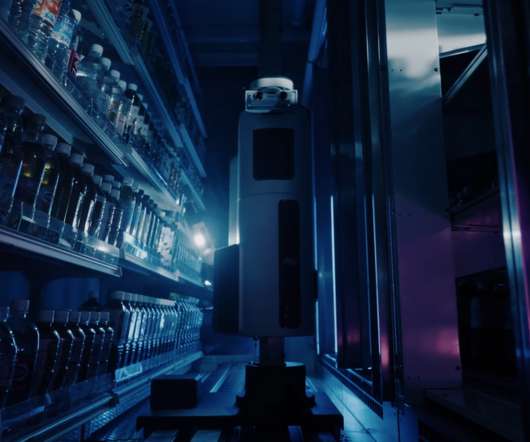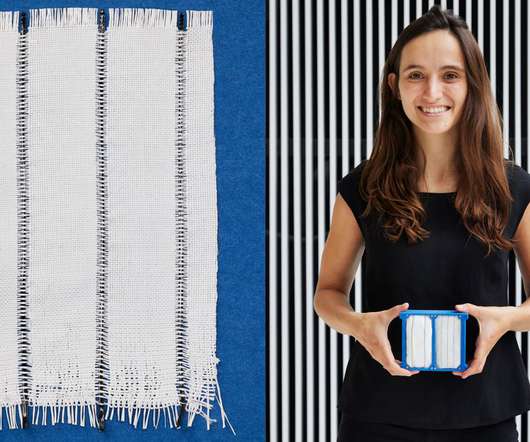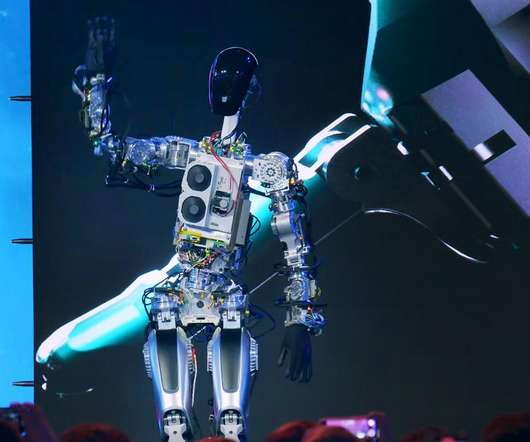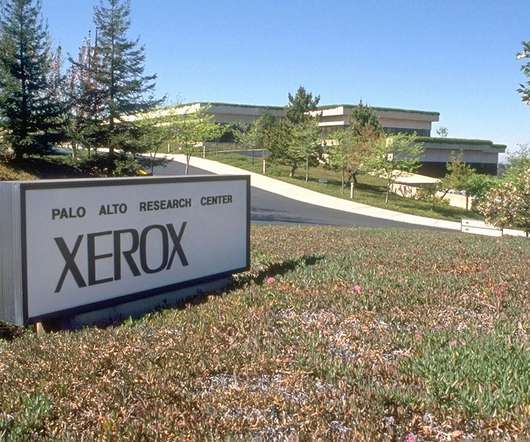MIT and Harvard team develop material that stores sun’s heat
Green Car Congress
APRIL 13, 2014
Researchers from MIT and Harvard University have developed a material that can absorb the sun’s heat and store that energy in chemical form, ready to be released again on demand. In effect, they behave as rechargeable thermal batteries: taking in energy from the sun, storing it indefinitely, and then releasing it on demand.



































Let's personalize your content